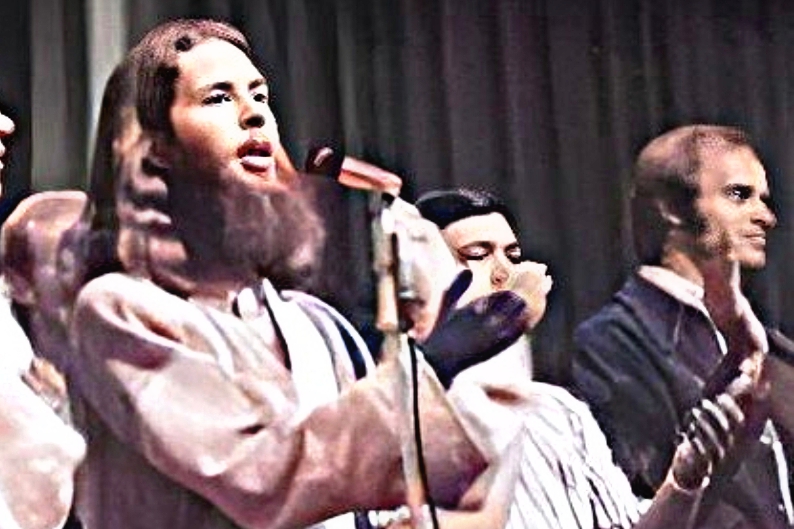Lonnie Frisbee was a pivotal yet often overlooked figure in the American evangelical revival known as the Jesus Movement of the 1960s and 70s. A complex and charismatic individual, Lonnie Frisbee’s life was filled with spiritual highs and deeply personal struggles, which have fueled both admiration and controversy within Christian circles. This article delves into the life, ministry, and enduring legacy of Lonnie Frisbee, exploring his transformative impact on modern Christianity and the challenges he faced as a deeply human figure in a spiritual spotlight.
Early Life: The Making of a Spiritual Seeker
Lonnie Ray Frisbee was born on June 6, 1949, in Costa Mesa, California. His childhood was far from idyllic, marked by a turbulent family life. His parents divorced when he was young, and Frisbee later revealed that he experienced abuse during his formative years. These early hardships shaped Lonnie Frisbee’s deep spiritual hunger and desire for meaning.
In his teenage years, Lonnie embraced the counterculture of the 1960s, experimenting with drugs and exploring the burgeoning hippie movement. Like many of his peers, he sought answers to life’s deeper questions through unconventional means. Lonnie Frisbee’s search led him into New Age spirituality and an exploration of mysticism. However, these experiences ultimately set the stage for his dramatic encounter with Christianity.
The Radical Conversion
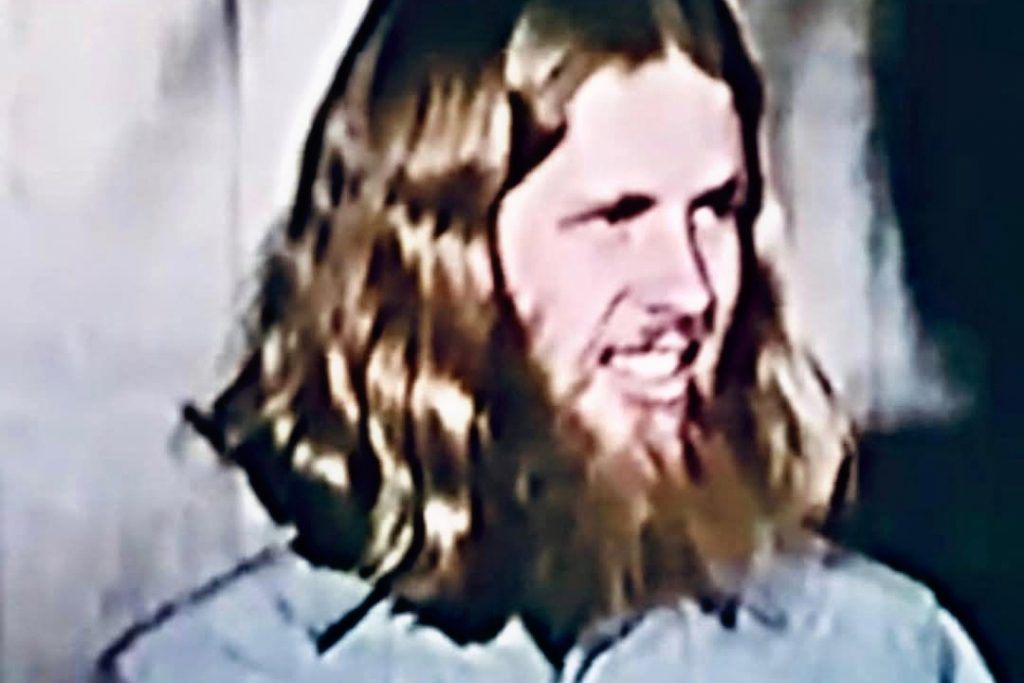
Lonnie Frisbee’s conversion to Christianity was a turning point not only in his life but also in the trajectory of the Jesus Movement. While tripping on LSD in the late 1960s, Lonnie experienced what he described as a vision of Jesus. This profound spiritual encounter led him to embrace the Christian faith with fervent devotion.
Shortly afterward, Lonnie joined a group of young Christians who were part of the burgeoning Jesus Movement, a revival that blended the hippie ethos with evangelical Christianity. This movement resonated with disenchanted youth who were searching for an authentic spiritual experience. Lonnie Frisbee quickly became one of its most visible and influential figures.
Ministry with Calvary Chapel
Lonnie Frisbee’s partnership with Pastor Chuck Smith of Calvary Chapel in Costa Mesa proved to be a game-changing moment in the history of evangelical Christianity. Smith, a traditional pastor, saw potential in Lonnie’s ability to connect with the youth of the counterculture movement.
In the late 1960s and early 1970s, Lonnie Frisbee began ministering to large crowds of young people, many of whom were drawn by his magnetic personality and messages of love, grace, and repentance. His ministry was marked by an emphasis on the power of the Holy Spirit, spontaneous healings, and dramatic conversions.
One of Lonnie Frisbee’s most iconic moments occurred during a Calvary Chapel baptism service at Pirates Cove Beach in Corona del Mar, where hundreds of young people were baptized in the Pacific Ocean. These events symbolized the transformative power of the Jesus Movement and helped establish Calvary Chapel as a hub for revival.
The Vineyard Connection
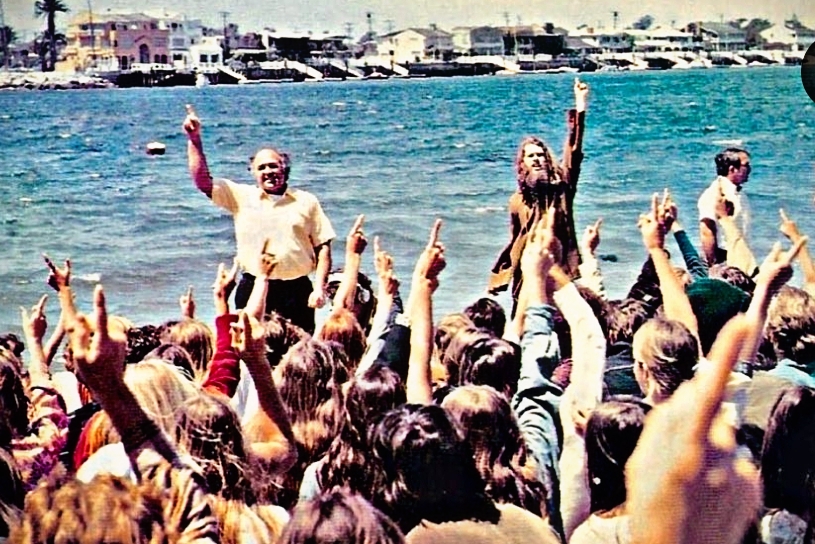
In the late 1970s, Lonnie Frisbee’s influence extended to another significant Christian network: the Vineyard Movement. Lonnie partnered with John Wimber, a charismatic leader who would go on to found the Association of Vineyard Churches. Together, they emphasized the gifts of the Spirit, including healing, prophecy, and speaking in tongues, which became hallmarks of the Vineyard movement.
Lonnie Frisbee’s impact on the Vineyard cannot be overstated. His fiery preaching and demonstrations of spiritual power drew countless individuals to faith. However, tensions arose within the movement as leaders grappled with Lonnie’s unconventional style and personal struggles.
The Hidden Struggles of Lonnie Frisbee
While Lonnie Frisbee was celebrated for his spiritual gifts, his personal life was fraught with challenges. One of the most controversial aspects of his story is his struggle with his sexual identity. Lonnie was open about his same-sex attractions, which put him at odds with the evangelical communities he helped shape.
Despite these struggles, Lonnie Frisbee sought to reconcile his faith and his personal identity. His life serves as a poignant reminder of the complexity of human existence, even among those considered spiritual giants.
The Final Years of Lonnie Frisbee
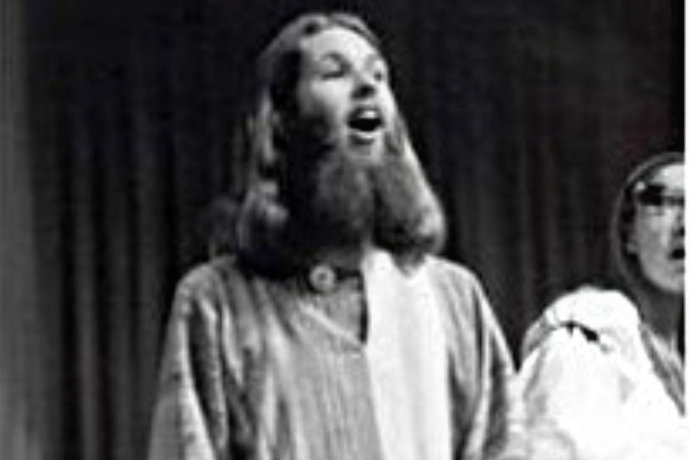
Lonnie Frisbee’s later years were marked by a mix of obscurity and reflection. He continued ministering in smaller settings and remained a passionate advocate for the gospel. Tragically, Lonnie Frisbee passed away from complications related to AIDS on March 12, 1993, at the age of 43.
His death underscored the stigma surrounding both his illness and his struggles within the evangelical community. For many, Lonnie’s story became a cautionary tale, while others viewed him as a martyr of grace and authenticity.
The Legacy of Lonnie Frisbee
Despite the controversies surrounding his life, Lonnie Frisbee’s impact on modern Christianity is undeniable. His role in shaping both the Calvary Chapel and Vineyard movements has left an enduring mark on evangelicalism. Today, these movements comprise thousands of churches worldwide, many of which continue to emphasize the charismatic gifts that Lonnie championed.
Lonnie Frisbee’s story also serves as a reminder of the transformative power of grace. His ministry brought countless individuals to faith, and his life challenges Christians to grapple with questions of authenticity, inclusivity, and the nature of God’s call.
Rediscovering Lonnie Frisbee’s Place in History
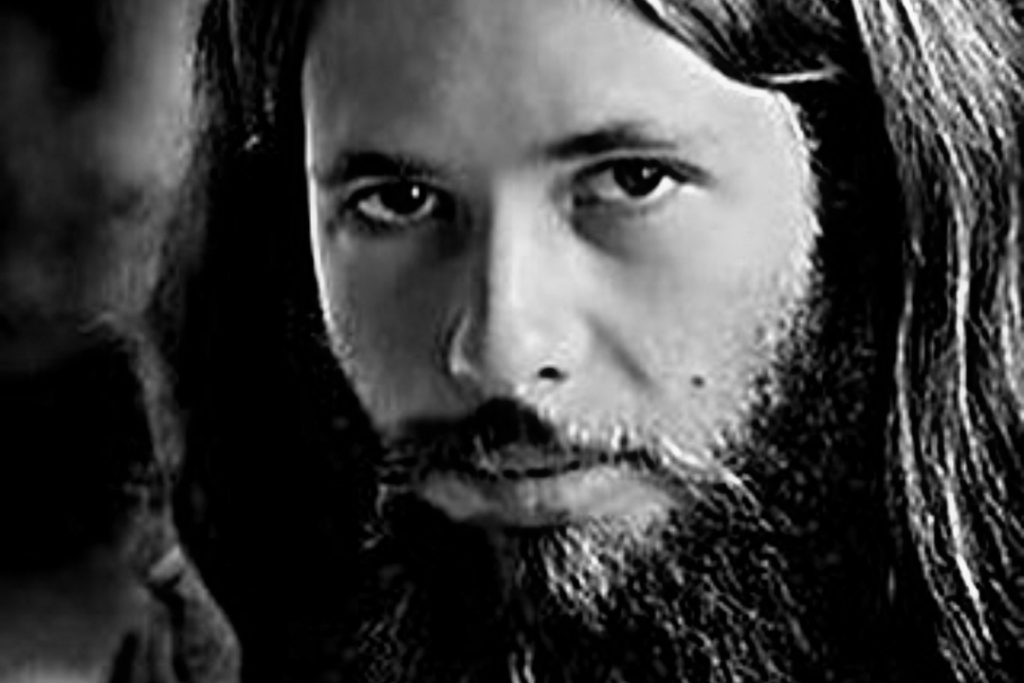
In recent years, there has been renewed interest in the life and legacy of Lonnie Frisbee. Documentaries, books, and articles have sought to shed light on his contributions to the Jesus Movement and the complexities of his personal life. This reexamination has sparked important conversations about the role of marginalized voices in the church and the need for greater compassion and understanding.
Conclusion
Lonnie Frisbee was a man of profound spiritual impact and human complexity. His life was marked by radical faith, transformative ministry, and deep personal struggles. While his story is often overshadowed by controversy, the legacy of Lonnie Frisbe continues to inspire and challenge believers around the world.
As the church seeks to navigate issues of authenticity, grace, and inclusion, the life of Lonnie Frisbe serves as both a cautionary tale and a beacon of hope—a reminder that God often works through imperfect vessels to accomplish extraordinary purposes.
In the end, life is a testament to the power of redemption, the mystery of the Spirit, and the enduring call to love and serve with authenticity.

